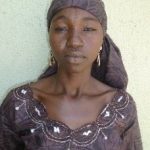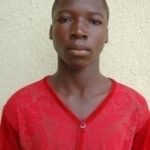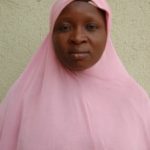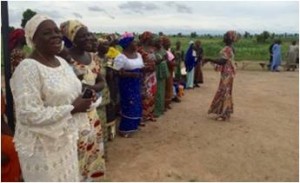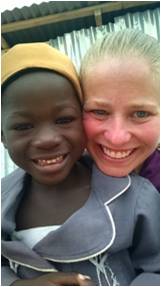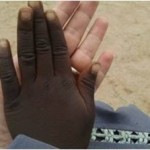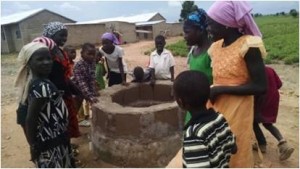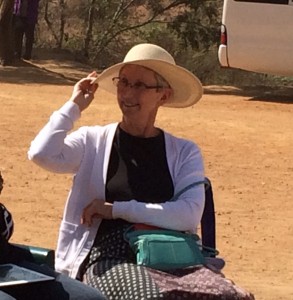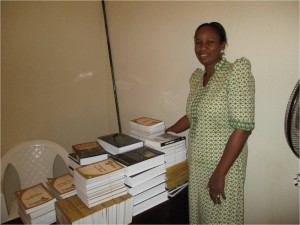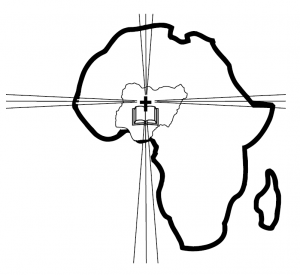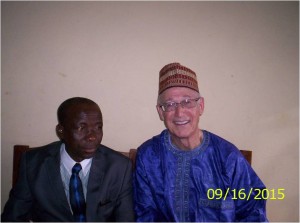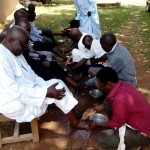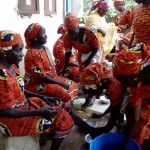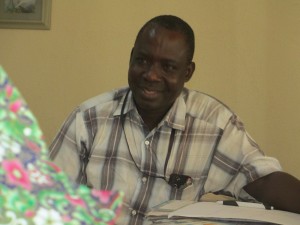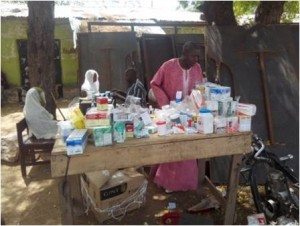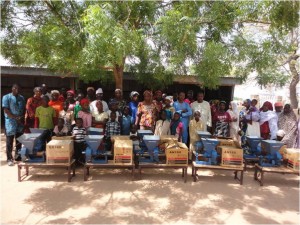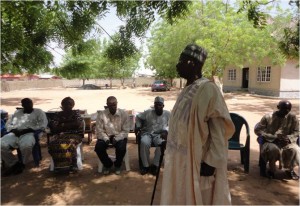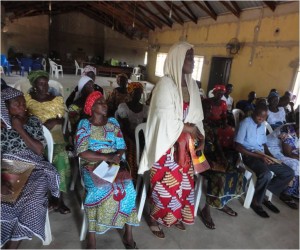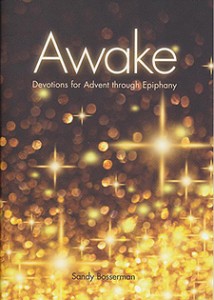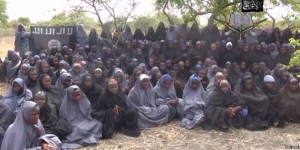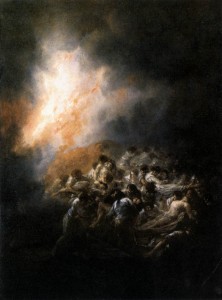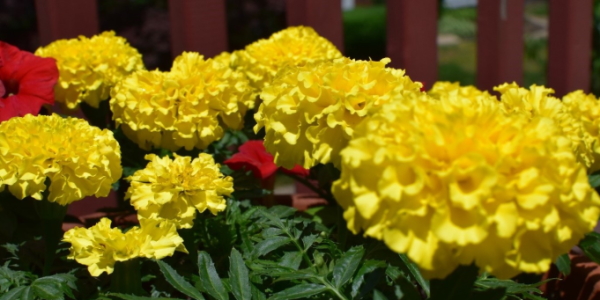
Marigolds from Nancy McCrickard’s home garden.
By Nancy McCrickard, Mission Advancement advocate
During the “safer at home” restrictions this spring in response to COVID-19, did you plant anything—in the ground or in pots? For the first time in over a decade at our home, we planted various vegetable plants and several types of flowers. We even planted a few of them from seeds. This reminded me of growing up on a farm in West Virginia when we grew plants to sell to folks in the community.
Each spring, my family planted a variety of seeds in our two large greenhouses, transplanted the seedlings into our outside gardens when it was warm enough, and then tended the plants all summer – harvesting the produce as it matured, eating it fresh or preserving it for later consumption by canning or freezing. In addition to the vegetable gardens, we also planted numerous pots and areas of our yard with a variety of flowers (including some of my favorites like zinnias, scarlet sage, petunias, and marigolds).
While the growing process begins with planting the seeds, nourishing and tending those seeds (and subsequent young seedlings) to optimize their ability to produce a harvest or a beautiful flower is also important. As a youth, I can remember spending countless hours in our gardens, cultivating the soil and pulling the weeds that seemed to grow nonstop. In order to grow and produce a harvest, seeds must also receive sunlight and water. Overall, tending seeds or seedlings requires diligence and patience.
As we read scripture, we often find references to planting seeds of faith. Once Jesus was teaching and said:
“This is the meaning of the parable: The seed is the word of God. . . . (and) the seed on good soil stands for those with a noble and good heart, who hear the word, retain it, and by persevering produce a crop” (Luke 8:11, 15; NIV).
From a Church of the Brethren perspective, how might this be applicable to daily life? How might this be embodied, for example, by a denomination that upholds “doing what Jesus did,” often through acts of service?
From my viewpoint, placing a value on service does not just happen spontaneously; we need to plant seeds of faith and service in those we encounter and then nurture those seeds. Whether vegetable seeds, flower seeds, or seeds of faith, tending those seeds happens over the lifetime of the plant (not just once) and is a continual process!
Did you know that plants can influence one another? l did not realize it at the time, but when planting our vegetable and flower gardens, my parents often did some “companion planting.” This method involves placing certain plants together to both improve growth and repel insects.
Like plants, people also can influence each other. In terms of “companions” and “influencers,” Dr. Laurent Daloz performed a study of people who lived lives of service to others and noted that “generosity was something learned in the first three decades of life” (“Can Generosity Be Taught?” Essay on Philanthropy No. 29. Indianapolis: Center on Philanthropy at Indiana University, 1998).
The study also noted that the following was true of those generous individuals:
- They grew up in a home hospitable to the wider world.
- They had a parent that was publicly active.
- They had participated in religious or youth groups.
- They had contact with people who modeled public service.
According to another report (“Next Gen Donors: Respecting Legacy, Revolutionizing Philanthropy.” Allendale, MI: Johnson Center for Philanthropy, 2013) research further indicates that individuals involved in service are influenced extensively by:
- Parents (89%);
- Grandparents (63%);
- Close friends (56%); and
- Peers (47%).
In short, all of us have a profound impact on those near and dear to us. When we nurture generosity in our own lives, we can inspire others to do the same.
As a Mission Advancement advocate, I advocate for and strive to nurture generosity on behalf of the ministries of the Church of the Brethren: generosity of time, generosity of talent, and generosity of resources—all forms of service. I am, essentially, a generosity cheerleader!
Recognizing how important it is to do this work together in community, I invite you to join our Church of the Brethren cheer squad and consider your own “call to service.” How might you serve as a “generosity seed planter” for those you encounter? How might you be a role model/companion plant for generosity of time, talent, and resources? How might you help produce a bountiful crop?
Remember, there is hope in each seed! Happy planting at any time of year!
Learn more about the life-changing ministries of the Church of the Brethren at www.brethren.org or support them today at www.brethren.org/give .




